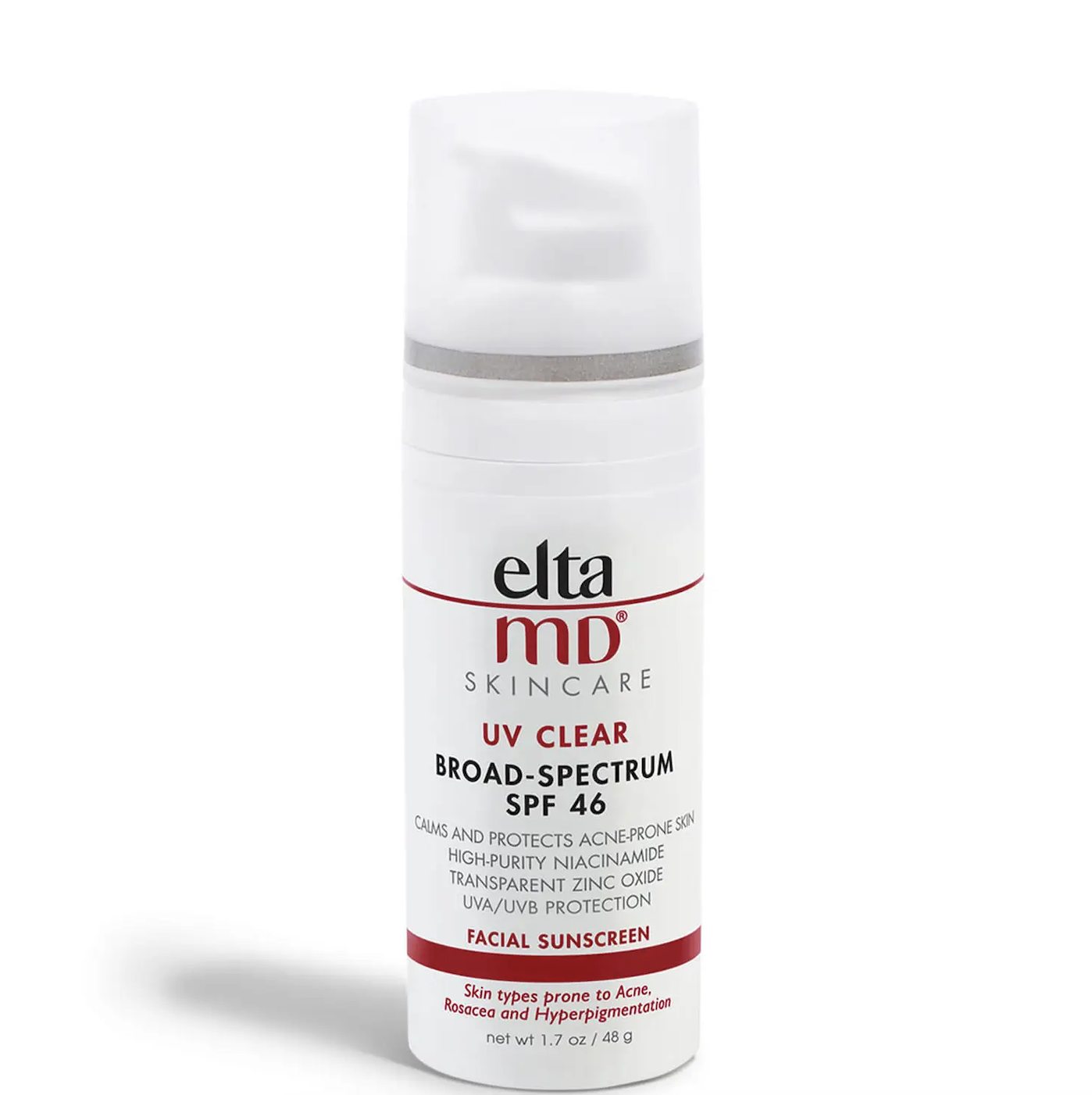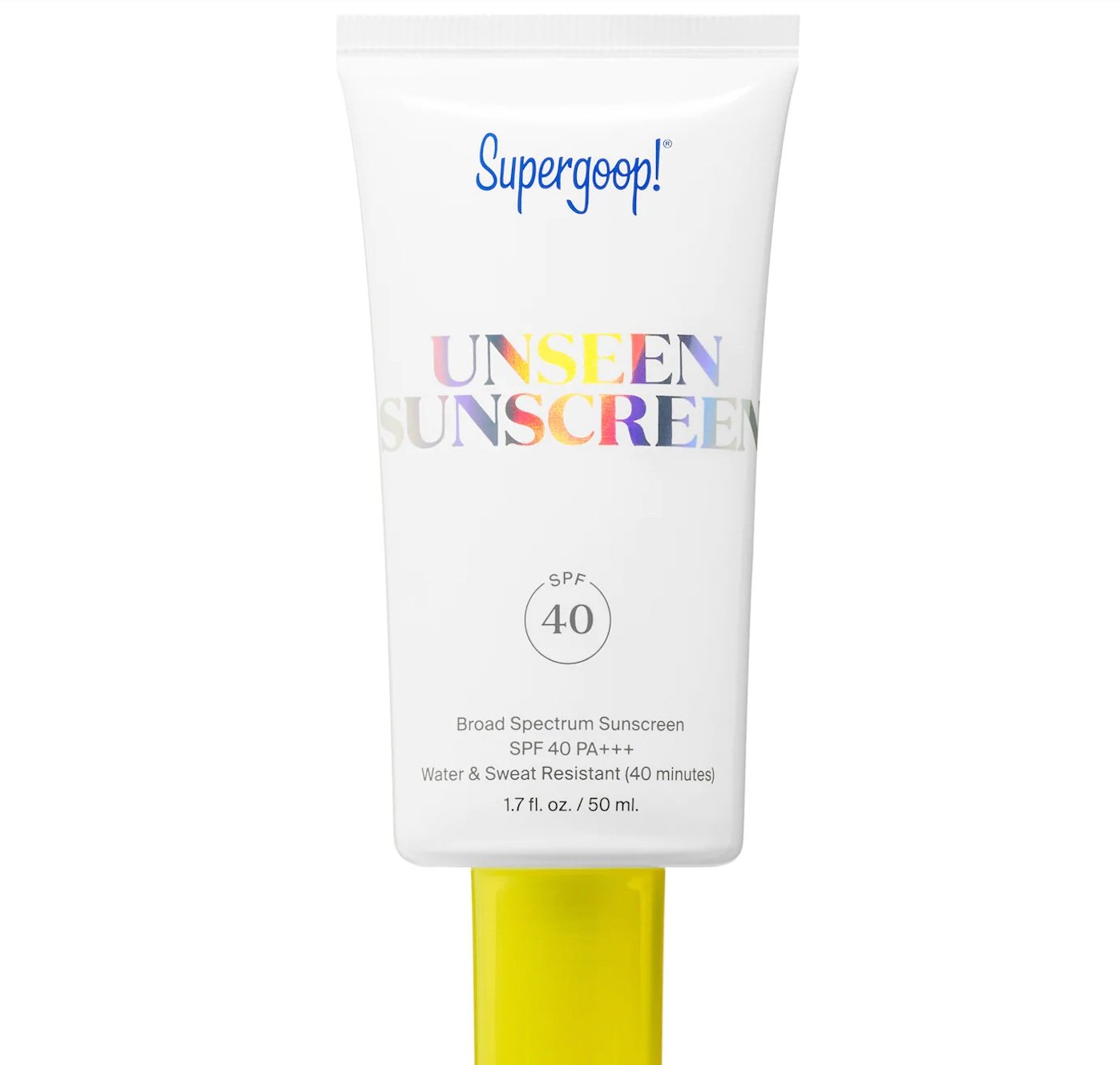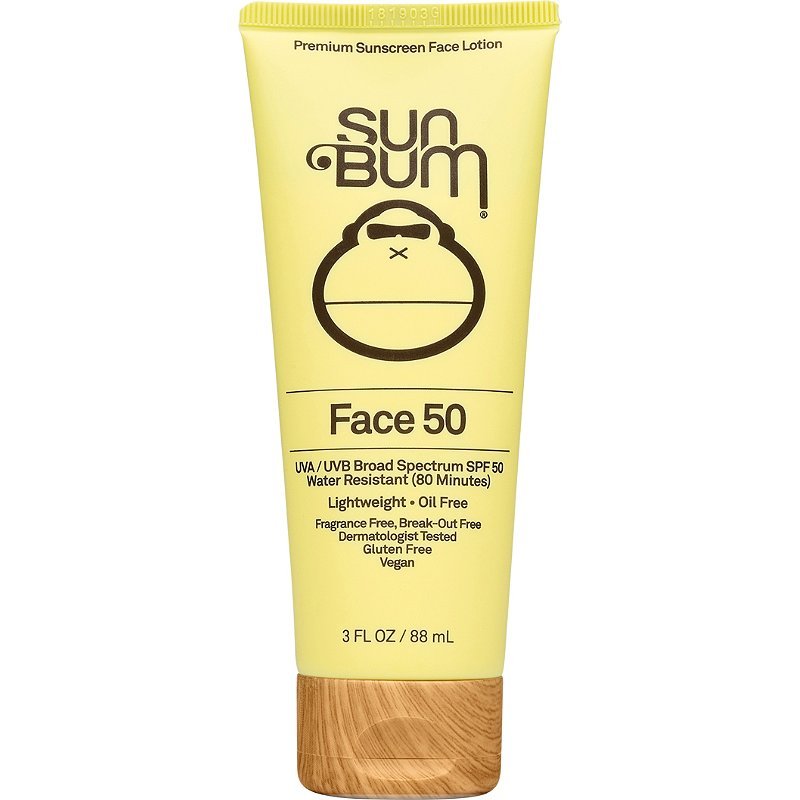Don't Get Burned!
A guide to SPF
Written by Kylie Hynes, Contributing Writer
Photo compiled by Jessica Katz, Online Editor
Put away your parka, pull out your shorts and queue a Surfaces song because summer is almost here! The light at the end of the tunnel, or in our case, the sun after a long winter, is finally in sight. However, sunlight may be a beacon of joy and warmth for the soul, but the same cannot be said for the skin; hence our need for SPF.
Whether chemical, mineral or a hybrid formula, most dermatologists would agree that the “best” sunscreen is the one you’ll use consistently (Ourisman, 2021). Dermatologist Muneeb Shah recommends “find[ing] a sunscreen you love, chemical or mineral, and use[ing] it every single day. Whichever sunscreen you love, as long as the SPF is [at least] 30, is the sunscreen for you” (Ourisman, 2021).
When it comes to SPF, the first thing you should determine is whether you want a chemical or a mineral formula. The key difference between the two is that mineral (physical) sunscreens sit on top of the skin and block rays at the surface using ingredients like zinc oxide and titanium dioxide. Chemical sunscreens absorb rays using ingredients like oxybenzone, avobenzone, octisalate, octocrylene, homosalate or octinoxate (Rhue & Rostamian, 2022).
Though their formulas tend to be thicker than those of chemical sunscreens, the ingredients of mineral sunscreens are less likely to irritate the skin. This is why, for those with sensitive or acne-prone skin, dermatologists suggest choosing a mineral sunscreen rather than a chemical one (Rhue & Rostamian, 2022). In contrast, chemical sunscreens tend to be lighter, clearer and more enjoyable to wear, but their active ingredients may have adverse environmental effects and can be irritating to sensitive or acne-prone skin depending on the ingredients (Rhue & Rostamian, 2022).
Which one is better you ask? Generally, the answer is mineral sunscreens. However, dermatologist Dr. Hadley King and esthetician Candace Marino note that you should take your skin type into consideration when choosing an SPF. "Two things can cause sunscreen-related breakouts: occlusion of the pores by comedogenic materials or a sensitivity reaction to chemical UV-blocking ingredients," (Rhue & Rostamian, 2022).
With that being said, here are the SPF products the internet and I are currently obsessed with and recommend:
Elta M.D. UV Clear SPF 46 ($39)
Mineral Sunscreen
Between online ratings and glowing reviews from my friends, I’ve heard nothing but good things about this SPF from Elta M.D. Perfect for acne-prone skin, it’s lightweight, fragrance-free, non-comedogenic and rich in antioxidants to protect against skin-damaging free radicals and breakouts.
SuperGoop! Unseen Sunscreen SPF 40+ ($36)
Available in chemical or mineral formulas
Though I find most of Gwyneth Paltrow’s Goop products to be steeper in price, this SPF is reasonable. One of the best sunscreens for oily skin, this formula is oil-free and gel-based with a lightweight, smooth texture that dries invisibly on the skin–perfect for wearing underneath makeup as a primer (Adelman & Denton-Herst, 2022).
La Roche-Posay Anthelios Clear Skin Dry Touch SPF 60 ($20)
Available in chemical or mineral formulas
La Roche-Posay has been killing the drugstore skincare game lately so I have no doubt their SPF lives up to the hype. Yet another product with rave reviews from the internet and friends alike, this drugstore favorite is an easy-to-find, affordable sunscreen that dermatologist Jenny Liu confirms is lightweight, fast-absorbing and non-sticky (Han, 2022).
ColourScience Sunforgettable Total Protection Brush-On Shield SPF 50 ($69)
Mineral-powder Sunscreen
If you’re anything like me and refuse to apply anything to your skin with dirty hands, this product is for you. Perfect for applying over makeup and on the go, this brush-on powder sunscreen blends seamlessly into the skin, absorbs excess oil and can be used throughout the day (Adelman & Denton-Herst, 2022). Simply shake the product with the brush facing down to dispense the powder and brush lightly onto your skin or over makeup for a tinted, flawless finish.
Coola Classic Face Organic Sunscreen SPF 50 White Tea ($32)
Mineral Sunscreen
In addition to sun protection, Coola's face sunscreen doubles as a moisturizer. Its plant protection complex consists of red raspberry seed oil, buriti oil, meadowfoam seed oil and prickly pear extract (Penrose, 2022). Dermatologist Marnie Nussbaum notes that his SPF’s combination of protection and hydration helps the skin repair itself, making it a great choice for those with dry skin (Adelman & Denton-Herst, 2022).
Sun Bum Face 50 ($30)
Chemical Sunscreen
For UV protection that won’t break your bank, try Sun Bum’s lightweight, fragrance-free, oil-free formula infused with soothing vitamin E. Despite being a lotion, this SPF absorbs easily into the skin and dries sheer without a greasy residue (Han, 2022). For those of you ready to hit the waves or the lake this summer, this Sum Bum formula has you covered up to 80 minutes of water resistance.
CeraVe Hydrating Mineral Sunscreen SPF 30 ($16)
Mineral Sunscreen
vAnother budget-friendly option, CeraVe’s face sunscreen provides SPF 30 mineral protection while replenishing the skin barrier with ceramides and niacinamide (vitamin B3) (Holland & Mahgerefteh, 2022). Both a hydrating and non-comedogenic formula, this SPF is ideal for dry, sensitive and acne-prone skin types.
Sources:
Adelson, K. and Denton-Hurst, T. (2022, April 4). The 14 Very Best Sunscreens for Your Face. The Strategist. New York Magazine.
Han, Sarah. (2015, April 1). 29 Facial Sunscreens You'll Actually Enjoy Reapplying. Allure.
Holland, Theresa and Mahgerefteh, J. (2022, March 23). These Are Officially the 18 Best Face Sunscreens. Byrdie.
Ourisman, J. (2021, May 28). The Difference between Chemical and Mineral Sunscreens.” Allure.
Penrose, N. (2022, March 30).The 20 Best Face Sunscreens That Skin Experts Are Obsessed With. ELLE.
Rhue, H. and Rostamian, M. (2022, January 29). Mineral vs Chemical Sunscreen: Derms Explain the Difference. Byrdie.







